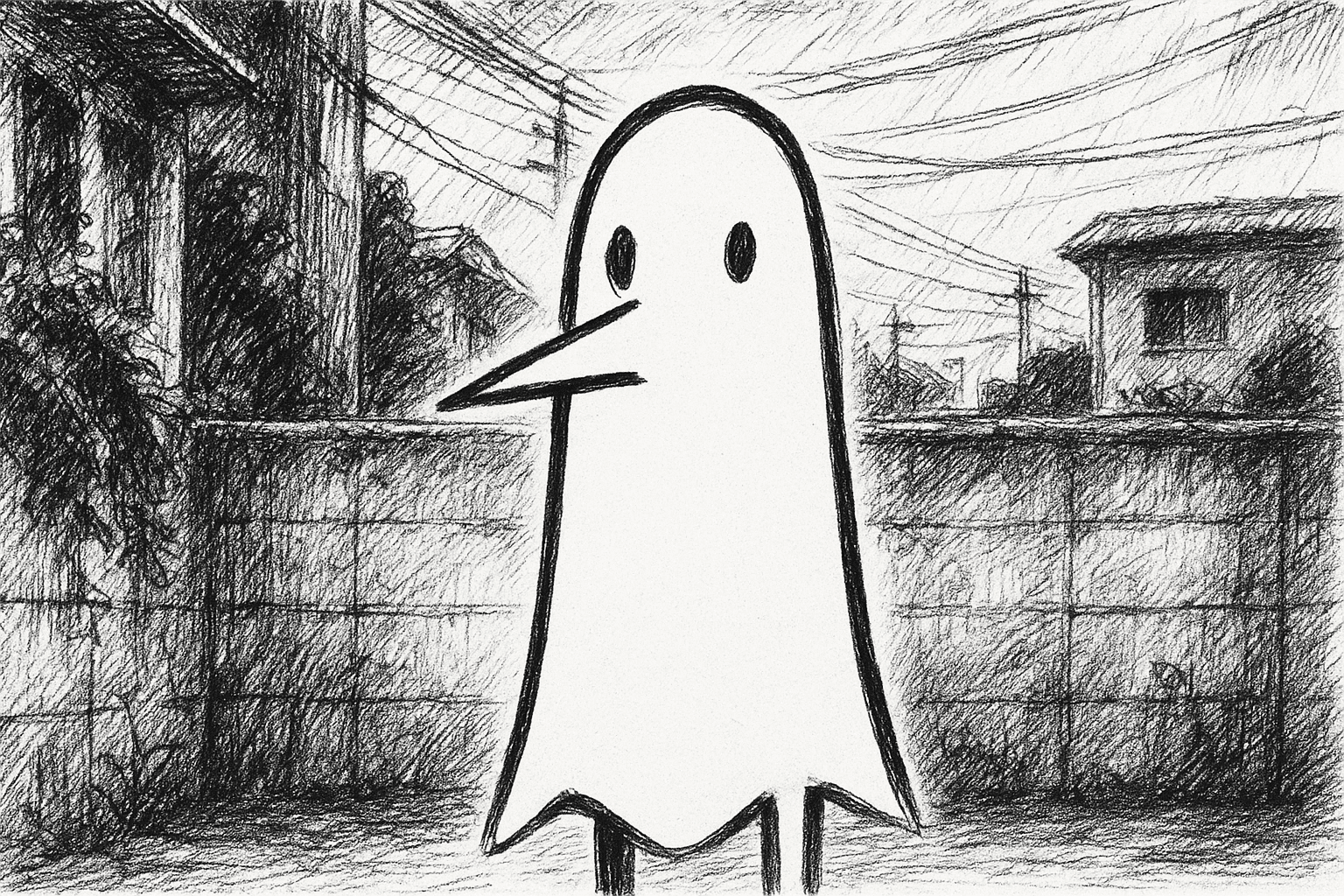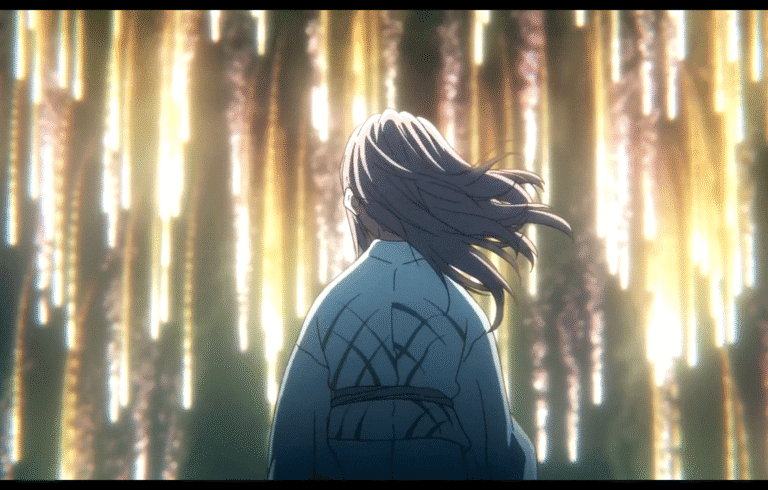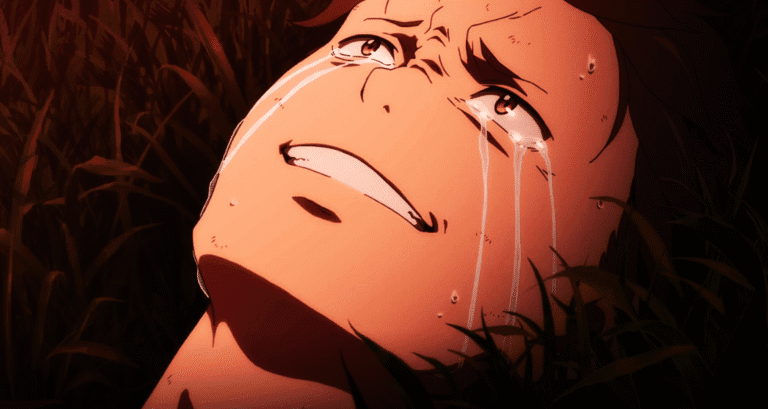Goodnight Punpun – A Haunting Psychological Masterpiece
Goodnight Punpun by Inio Asano is not just a manga—it’s a raw, unsettling, and deeply philosophical journey into the psyche of a young boy navigating a world filled with emotional chaos, existential dread, and shattered innocence. Blending surrealism with stark realism, this manga transcends genre conventions to become one of the most psychologically profound works in contemporary storytelling.
Plot Overview (Without Major Spoilers)
The story follows Punpun Punyama, an ordinary boy portrayed as a simple bird-like caricature amidst an otherwise hyper-detailed, realistic world. Beginning in childhood and extending through adolescence into adulthood, we witness Punpun’s descent into depression, anxiety, and alienation. His life is shaped by a dysfunctional family, toxic relationships, societal pressures, and his own inability to cope with the unpredictability of the world around him.
Why It’s a Psychological Masterpiece
1. Exploration of Mental Illness and Emotional Trauma
Rather than dramatizing or simplifying mental health, Goodnight Punpun portrays it with brutal honesty. Punpun’s internal monologue—often filled with guilt, self-loathing, and indecision—mirrors the thought patterns of someone struggling with depression. Asano does not romanticize pain; he forces readers to confront it in its most intimate and terrifying forms.
2. The Use of Visual Metaphor
Punpun is drawn as a blank, expressionless bird throughout most of the manga—a stylistic decision that allows readers to project their own interpretations onto him. His form mutates depending on his mental state, becoming monstrous or distorted as his psychological condition deteriorates. This device is a masterstroke, communicating emotion more effectively than words ever could.
3. Harrowing Realism
Despite the surreal elements, Goodnight Punpun is painfully grounded in reality. It’s not a story of dramatic climaxes or epic victories—it’s about the quiet tragedy of ordinary people. The characters are flawed, their pain is mundane yet profound, and their failures are all too relatable. Every panel feels like a reflection of real life, making the manga’s psychological impact all the more intense.
4. A Meditation on Existentialism
Punpun’s journey is a philosophical one, filled with questions of meaning, purpose, and identity. The narrative often veers into nihilism, showing how easy it is to be consumed by despair when confronted with the absurdity and cruelty of life. Yet, even in its bleakest moments, Goodnight Punpun contains a subtle plea for empathy, connection, and hope.
5. Supporting Characters as Mirrors
Every side character in Goodnight Punpun acts as a fractured mirror of the protagonist’s psyche. Whether it’s his abusive mother, his manipulative love interest, or his childhood friends who face their own inner demons, these characters expand the emotional canvas, showing how mental suffering ripples across lives in different forms.
Final Thoughts
Goodnight Punpun is not for the faint of heart. It is emotionally exhausting, often disturbing, and demands vulnerability from its readers. But for those willing to endure its darkness, it offers something extraordinarily rare in any medium: a sincere, intelligent, and unflinching examination of the human condition.
It is, without question, a psychological masterpiece—not because it solves life’s mysteries, but because it dares to ask the hardest questions without pretending there are easy answers.





![New Anime Releases This Week – What to Watch [July 2025]](https://nichereview.blog/wp-content/uploads/2025/07/Screenshot-2025-07-16-212602-768x415.png)


I am impressed with this web site, really I am a big fan .
Thanks for some other informative site. The place else may just I am getting that type of information written in such a perfect approach? I have a project that I am just now operating on, and I have been on the look out for such information.
I adore foregathering useful info, this post has got me even more info! .